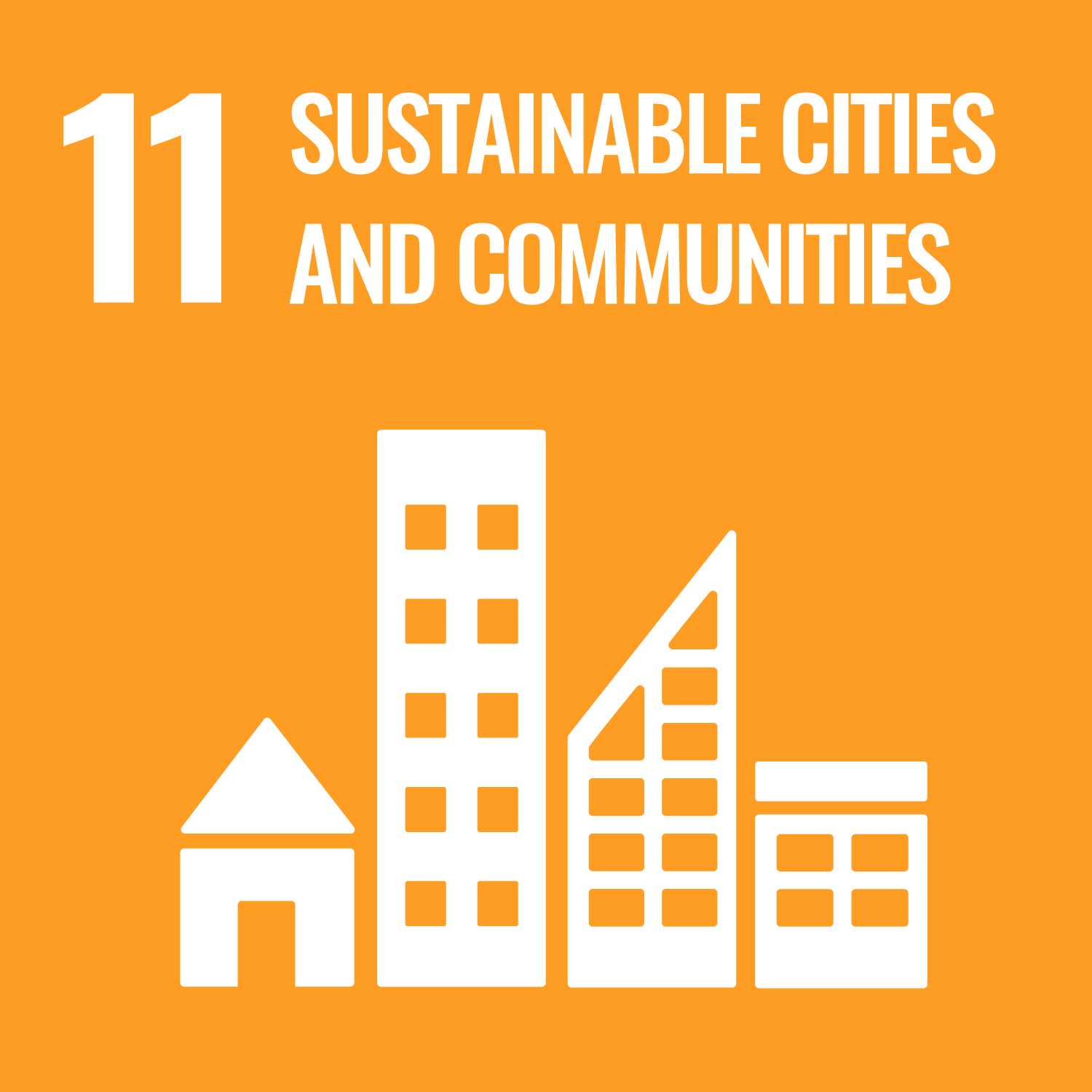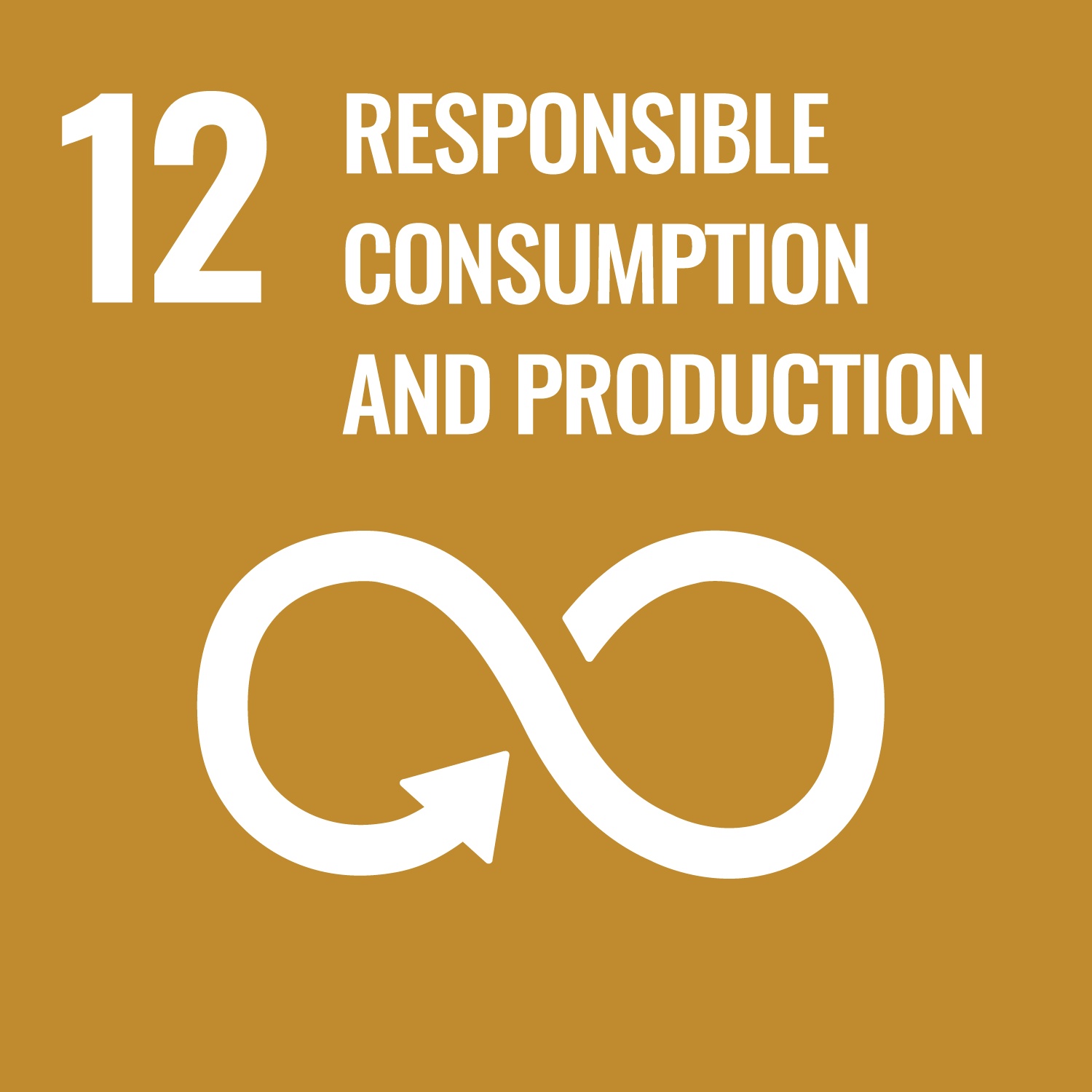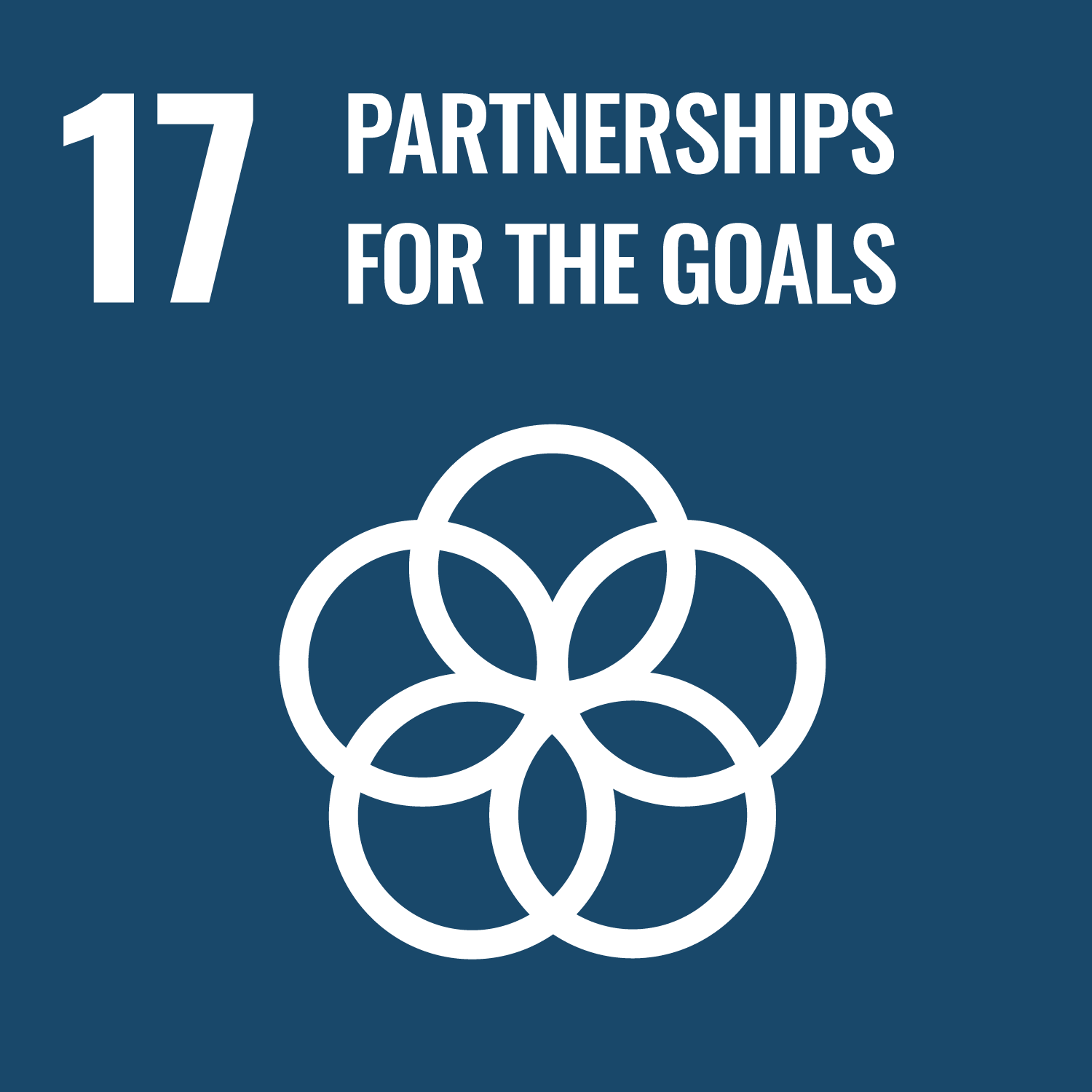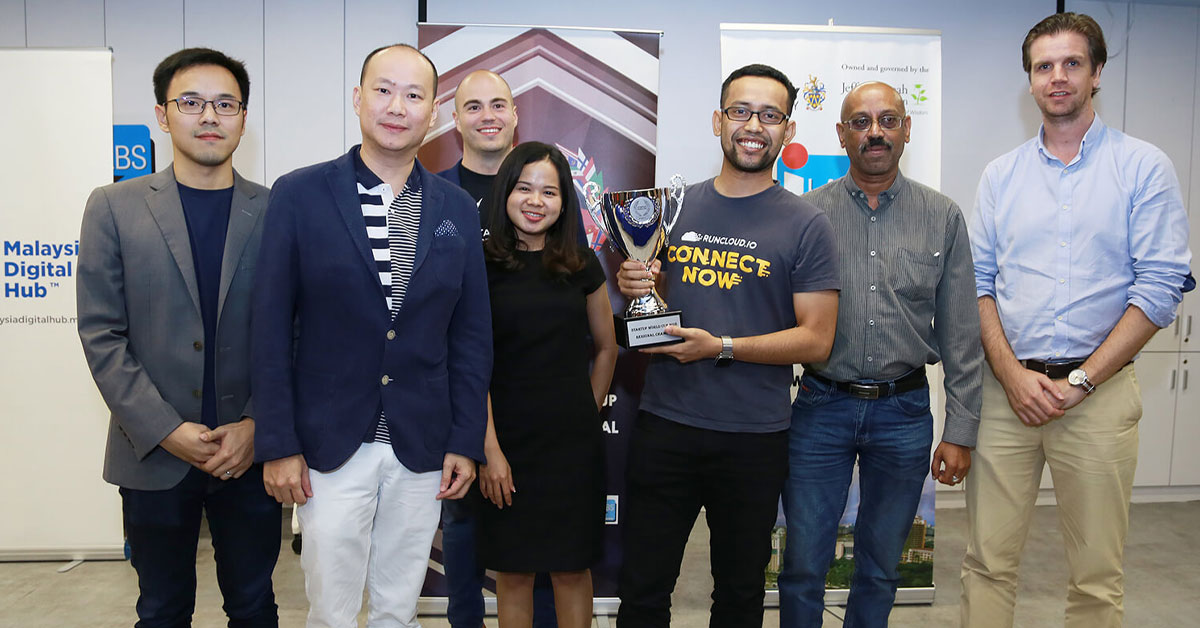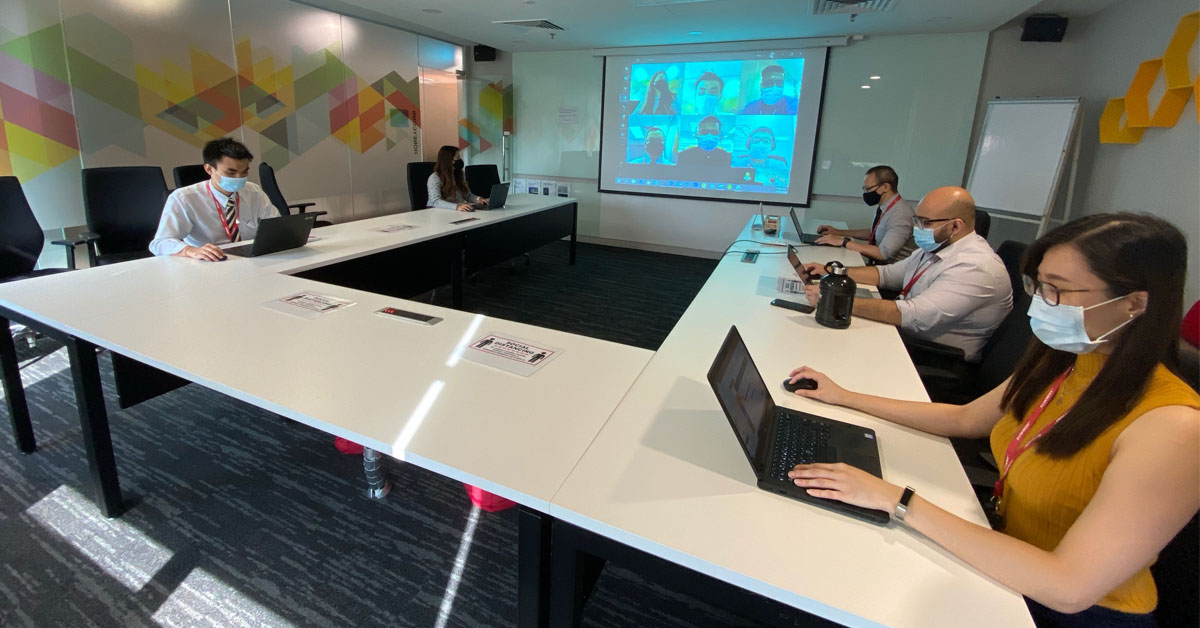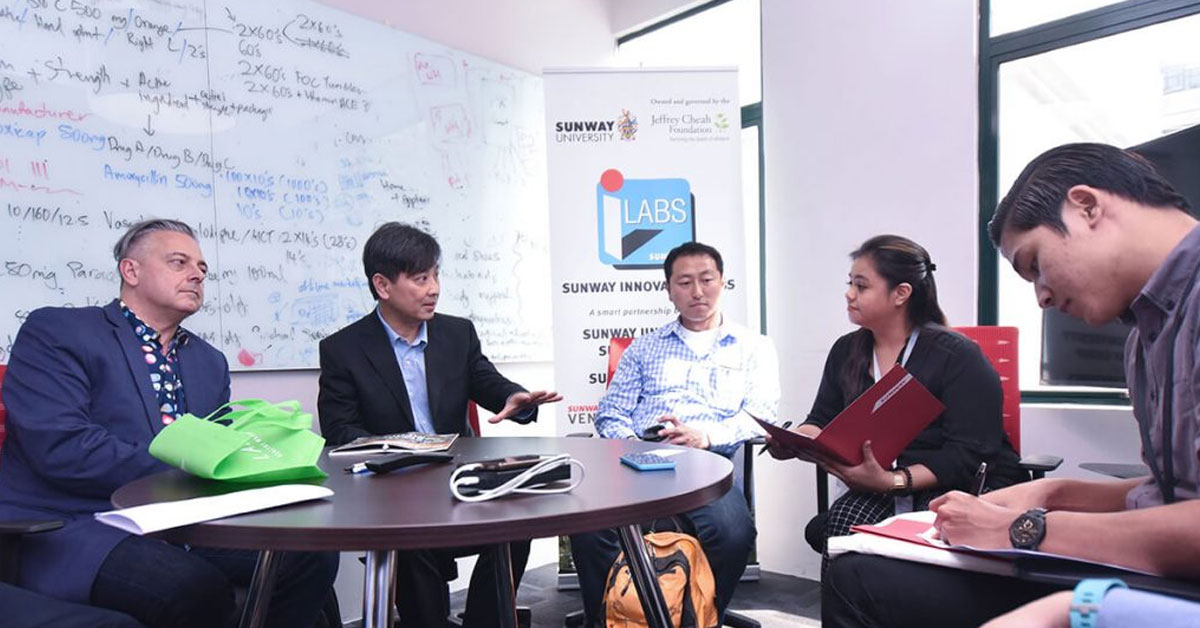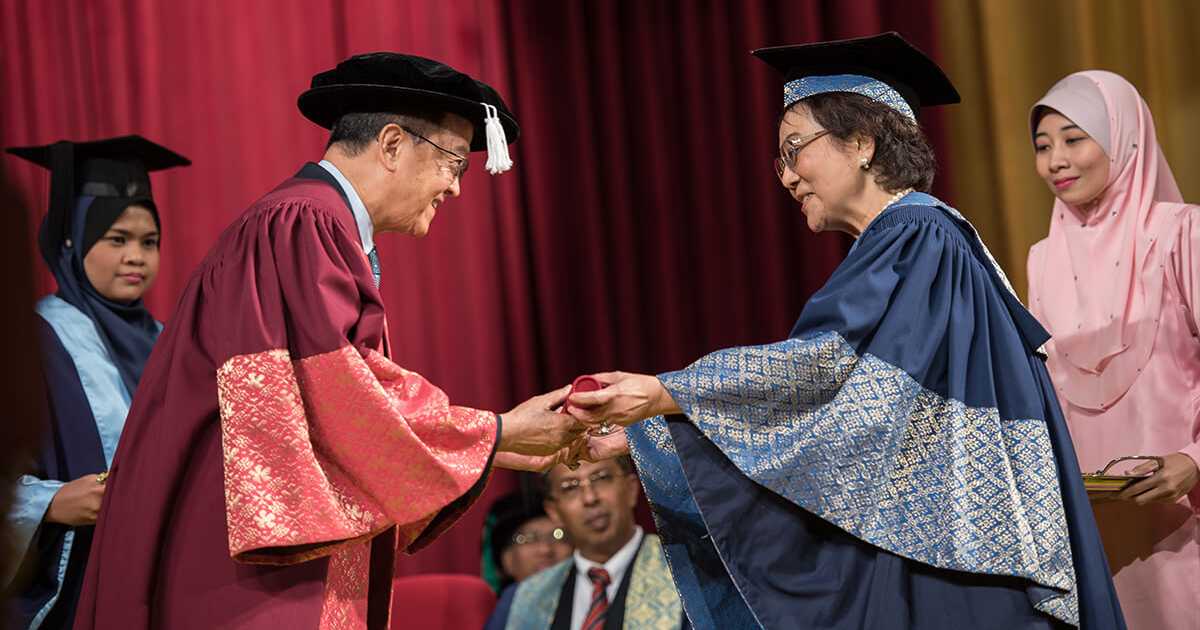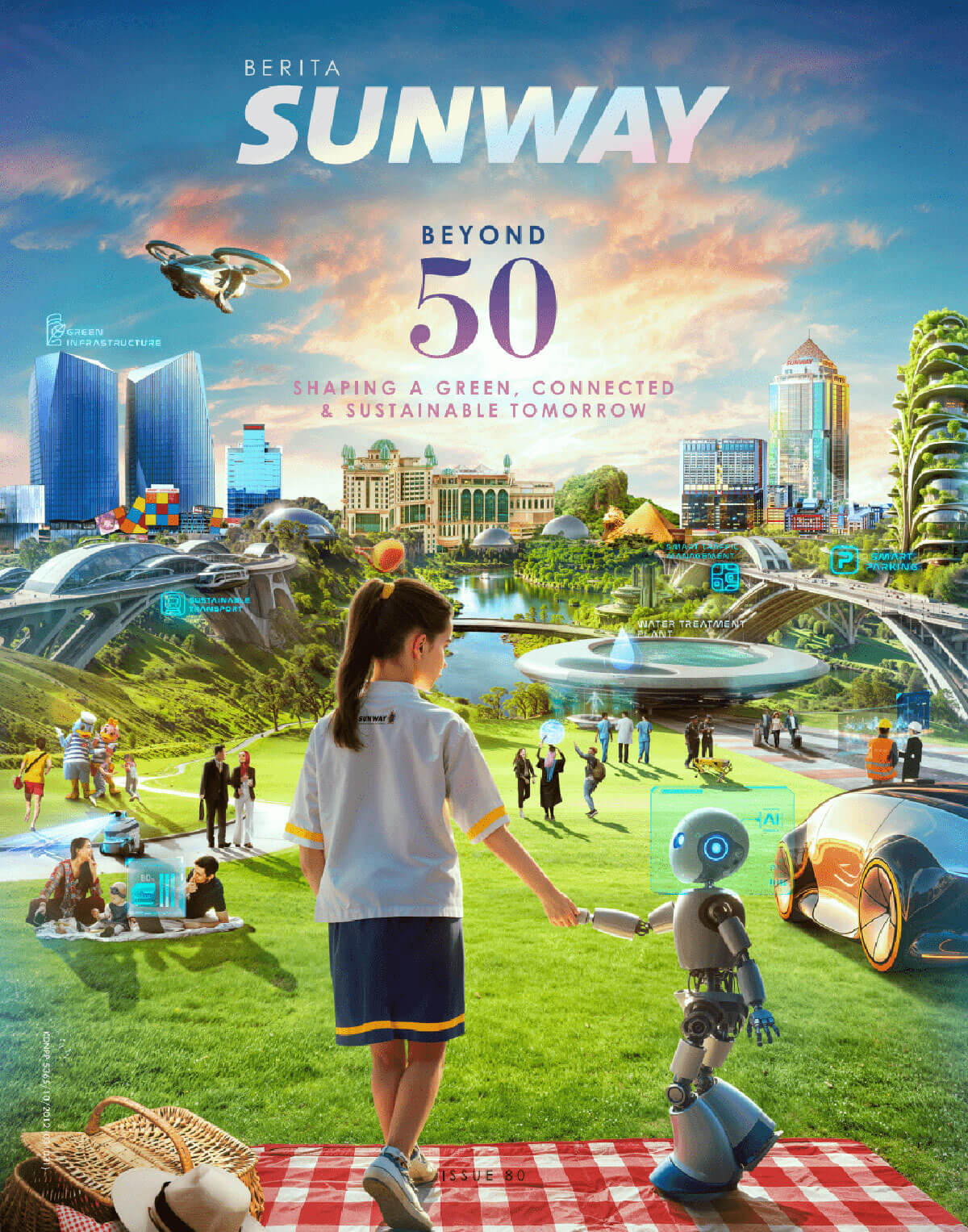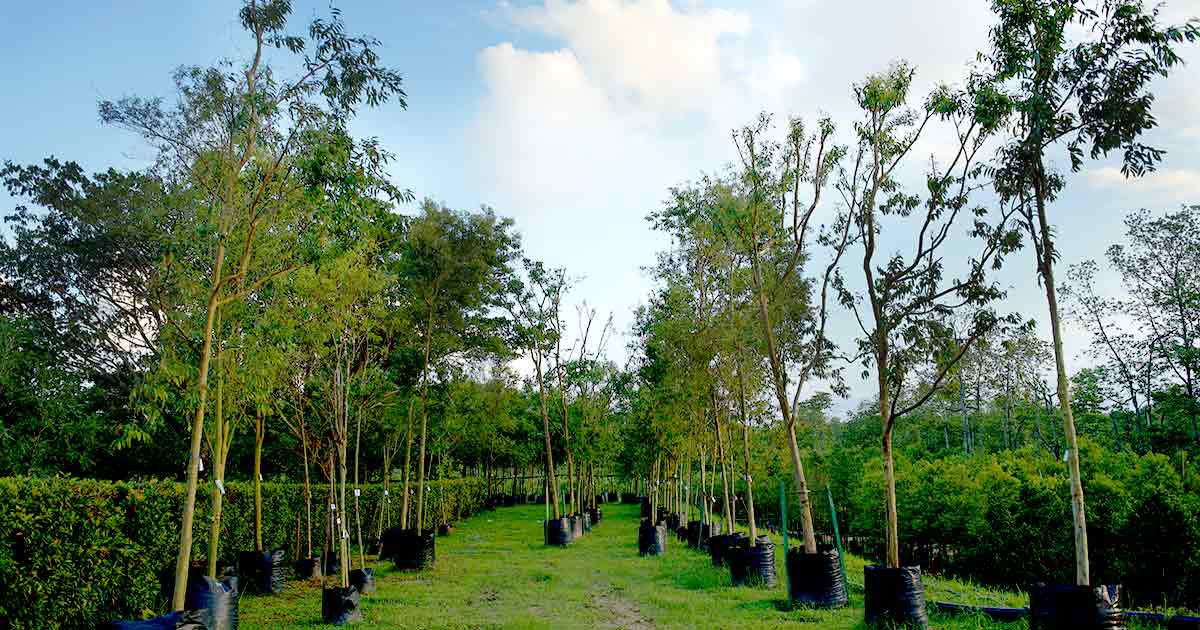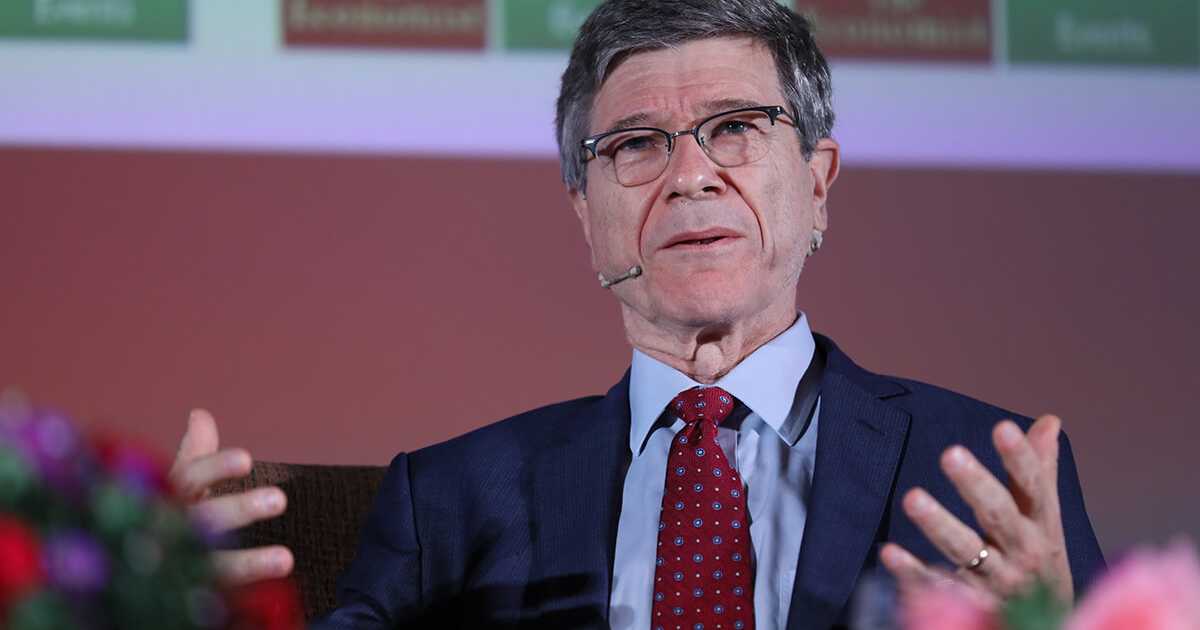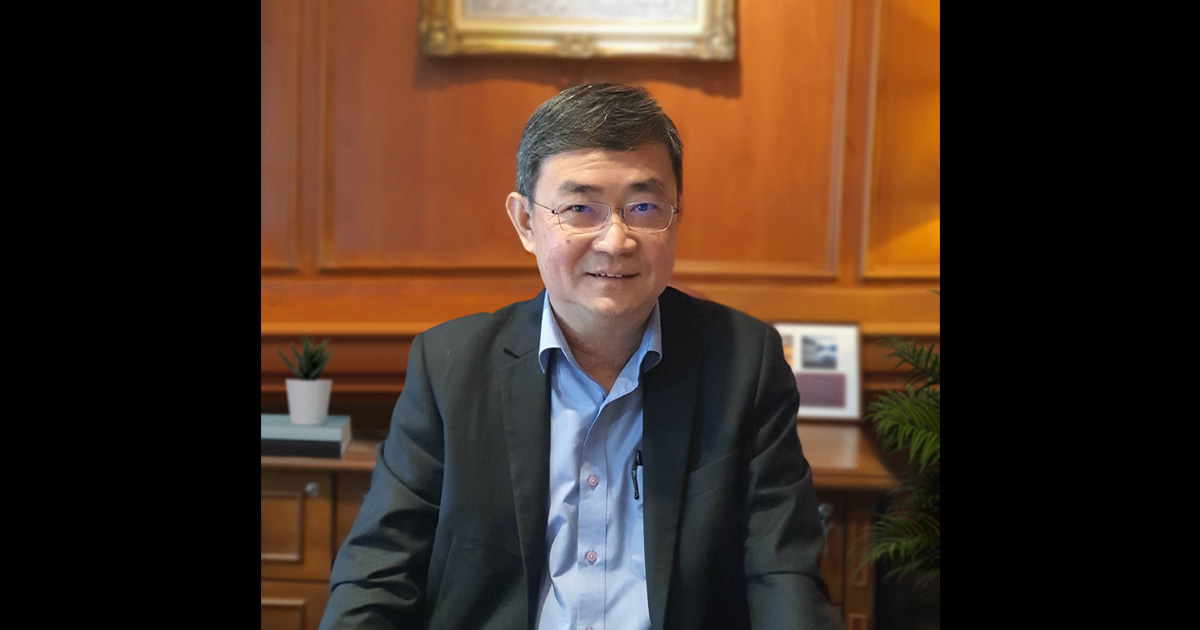Decoding Digital Talent
-
The World Economic Forum believes that the ASEAN digital economy will contribute an estimated US$1 trillion to the regional GDP over the next 10 years.
-
We speak to Matt van Leeuwen, chief innovation officer of Sunway Group and Director of the non-profit start-up incubator and accelerator, Sunway iLabs, on the future of digital talents in the country.
Good digital talent is hard to come by in Malaysia — one of the 10 cities in Asia facing acute digital talent shortage, according to the Asian Digital Transformation Index 2018 study released by The Economist Intelligence Unit.
This is worrying, considering that the nation risks losing out on opportunities in the booming ASEAN digital economy.
But the apparent dismal sentiment from employers towards the hiring of good digital talents from our talent pool in Malaysia is echoed across different industries, said van Leeuwen.
In the tech industry, it all boils down to potential candidates demonstrating real world competency and skills. For instance, most companies prefer to hire talents with three to five years of experience, as firms lack the time to train new hires to ‘unlearn’ what they know and ‘relearn’, van Leeuwen said.
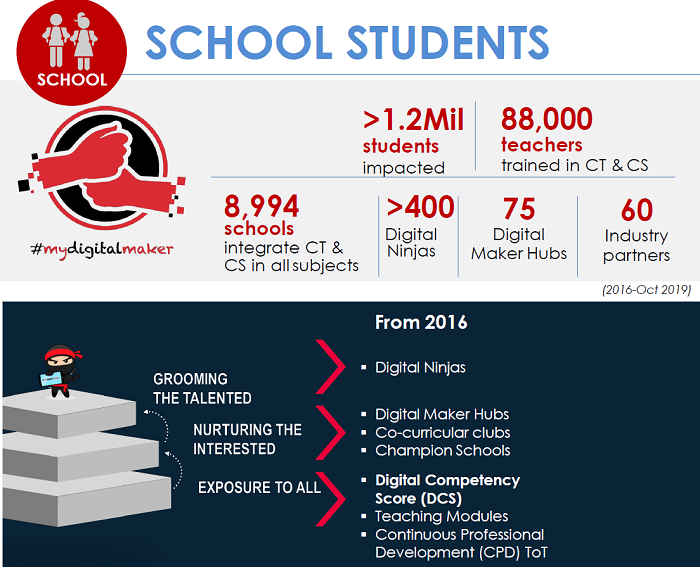
Source: Digital News Asia
“For technology, it’s not about how much you know. It’s more about how many projects you have worked on and problems you have solved in the real world. And students need to understand that with technology evolving so fast, they will need to constantly adapt and keep themselves updated in order to stay relevant for the industry,” said van Leeuwen.
Real solutions to real problems
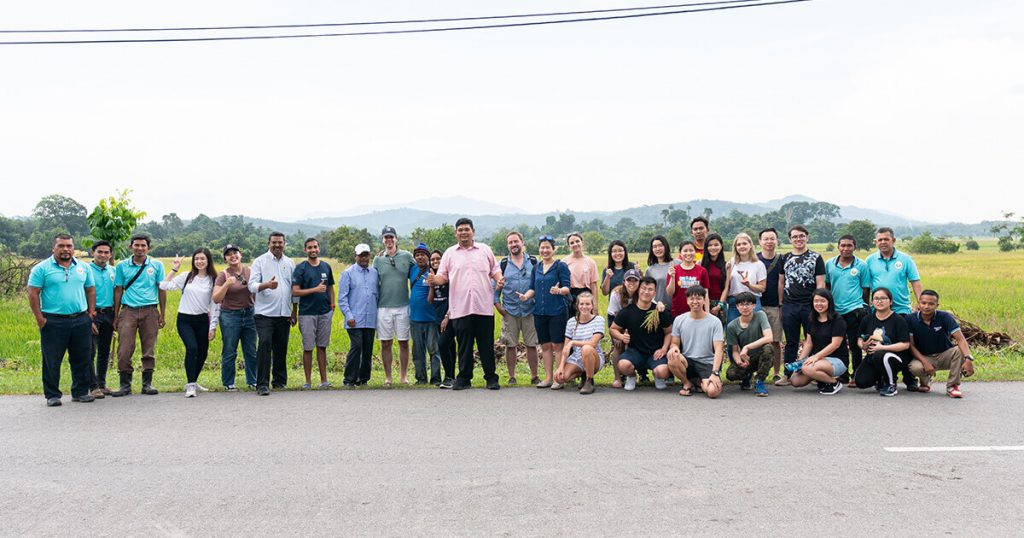
Source: Sunway iLabs
During Sunway iLabs’ ‘Make It Challenge’ event in September last year, a total of 20 students from Sunway University, Sunway College and Lancaster University went on a field trip to Kuala Sepetang fishing village, a charcoal factory, paddy fields and Free the Seed —a Malaysian biotech company that converts rice straw into compostable food packaging — in Taiping, Perak, as well as in Pendang and Gurun in Kedah.
Organised by Sunway University and Sunway iLabs, based at Sunway City Kuala Lumpur, in collaboration with Lancaster University in the UK and in partnership with United Nations Technology Innovation Labs (UNTIL), the Make it Challenge 2019 was modelled after the UN Sustainable Development Goal No 12, ‘Responsible Consumption and Production’.
For the challenge, students from different fields of study had to collaborate to build solutions to tackle responsible consumption and production, by focusing on re-imagining the food supply chain. Some of the problem statements that were recommended to students came from certain Sunway Group business units, and revolved around food security, food waste management, as well as sustainable food production and packaging.
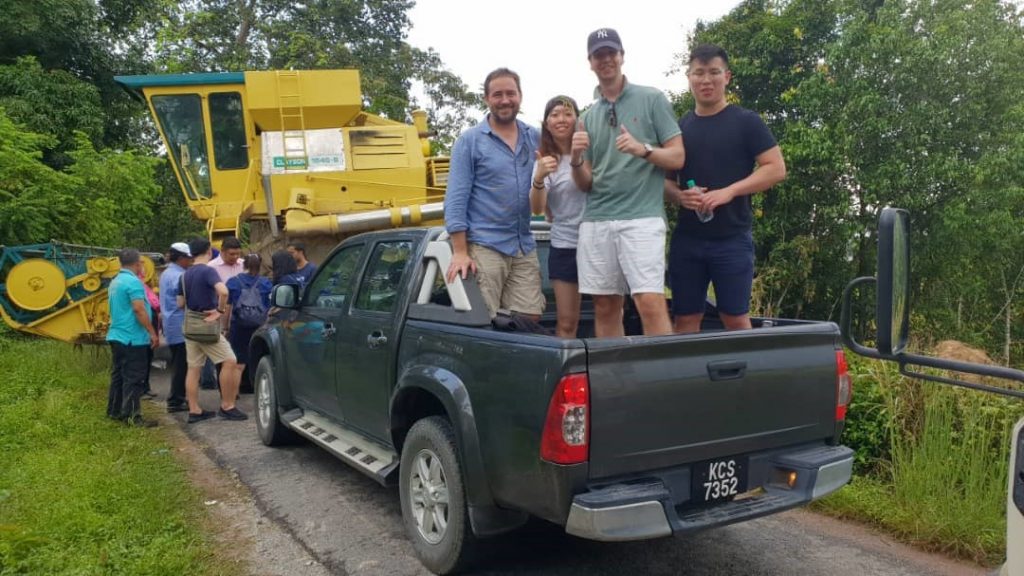
Source: Sunway iLabs
“When you talk about Industry 4.0 to paddy farmers, they’re like, ‘It’s interesting, but we actually need better irrigation systems. This is a classic example of how any entrepreneur needs to go about getting towards so-called problem-solution fit, which always starts by understanding the problem in detail before pitching a solution” said van Leeuwen.
First place winner in the ‘Make It Challenge’ was ‘Meal in a box’, a systematic meal service that uses artificial intelligence (AI) and data to create meals for families and reduce food wastage. Meanwhile, first runner-up was ‘Optimeal’, an online platform that connects hotels and F&B outlets with customers, to sell excess edible food and prevent food wastage.
Unconventional education for a digital economy
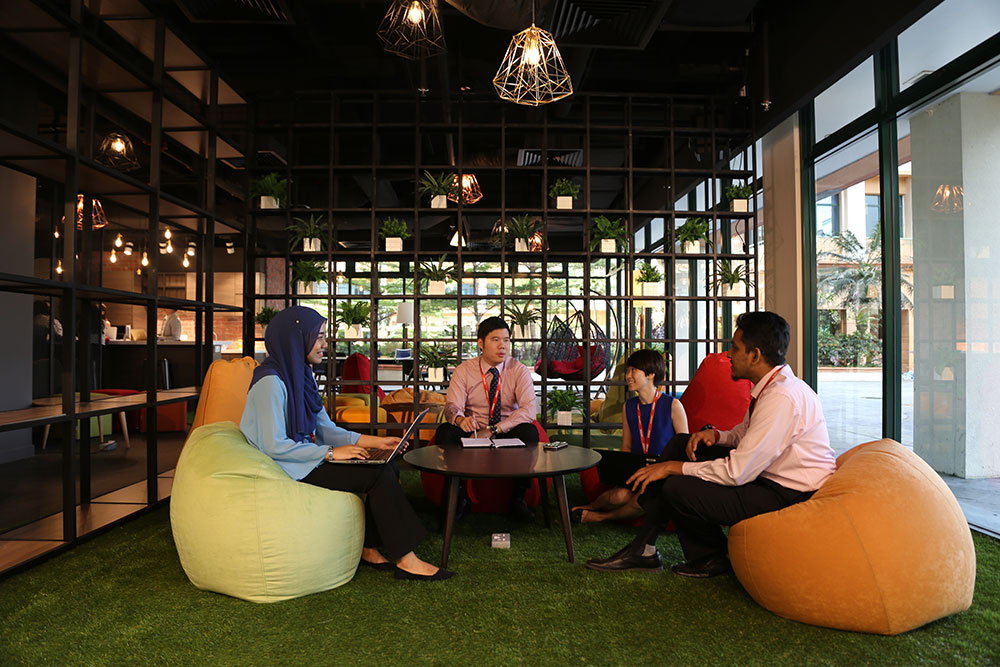
To foster better industry engagement, Sunway iLabs will also launch the Start-up Foundry, a free elective course in Sunway University, in August this year. The Start-up Foundry is a full semester course that consists of 10 building blocks of hands-on venture building, including the Berkeley Method of Entrepreneurship (BMoE) from UC Berkeley. It is a structural programme that aims to help students to manoeuvre through the constant challenge of getting people to understand the value of their product or services, and to avoid the early pitfalls of a company. The start-ups that will come out of the Start-up Foundry will also be granted a chance to participate in the iLabs Accelerator Programme that prepare the student start-ups to scale.
“We’re not just bringing in the “traditional” academic lecturers for this, because entrepreneurship is not something that can be taught just by a textbook, but rather a full-contact sport; you can only learn it by actually doing it,” van Leeuwen explained. The course is only open to Sunway University students.
Through the Start-up Foundry, the ultimate aim is to inculcate three main skill set among students —problem-solving using a “growth mindset”, collaboration and communication. “People often talk about these as ‘soft skills’ but I would argue that these are ‘critical skills’ we need in every sector. It’s not about being a specialist when it comes to digital talent, but it’s how you are able to use technology as a tool in your toolbox to solve problems”, he said.
Sunway iLabs will also be collaborating with Sunway Education Group, who has partnered with French-based École 42 — a 24/7 teacher-less coding school — to open the first École 42 campus in Malaysia, to be named 42 KL. Established in Paris in 2013, École 42 now has 23 partner schools globally and is the first digital training centre that is tuition-free and open to any student with or without academic qualifications.
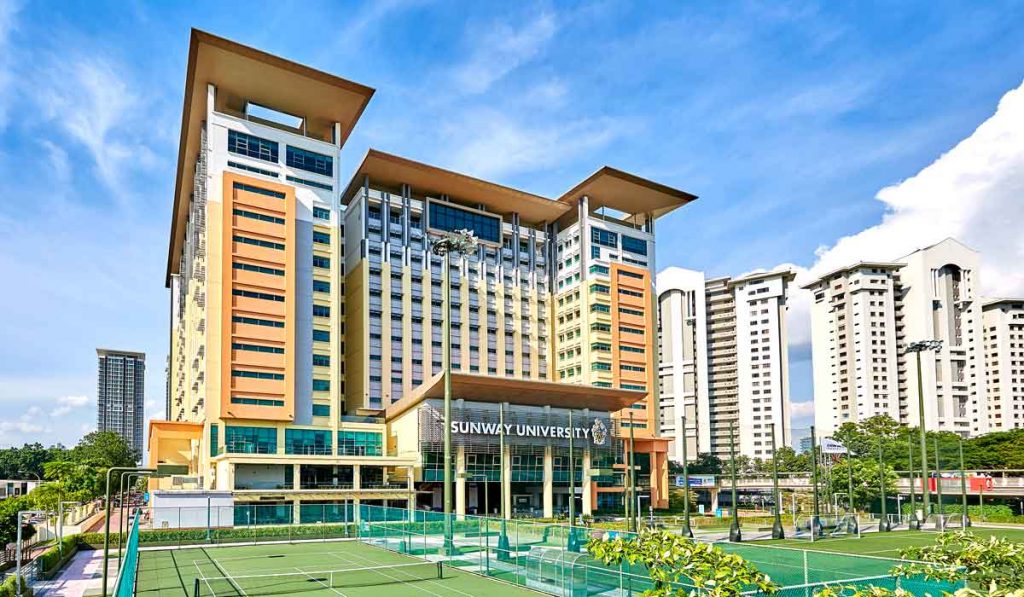
Students will be selected based on an online aptitude assessment where they are tested on logic, followed by a month-long bootcamp style assessment on campus. Through the assessment, students will be further filtered on their creativity, adaptability and problem solving ability. The 42 KL campus is set to launch in Sunway in September, with the first assessment slated for December this year.
“We will also be partnering with MDEC (Malaysian Digital Economy Corporation) to create awareness in Malaysia and to reach the B40 group and areas outside the Klang Valley over the next few months. Interestingly, companies we have spoken to say they might want their existing staff to enrol in 42 to upskill, which is another big need from the industry side to be prepared for the digital economy,” he said.
Van Leeuwen, who was in Paris last year to observe how École 42 was being run, said École 42 education was a departure from traditional learning.
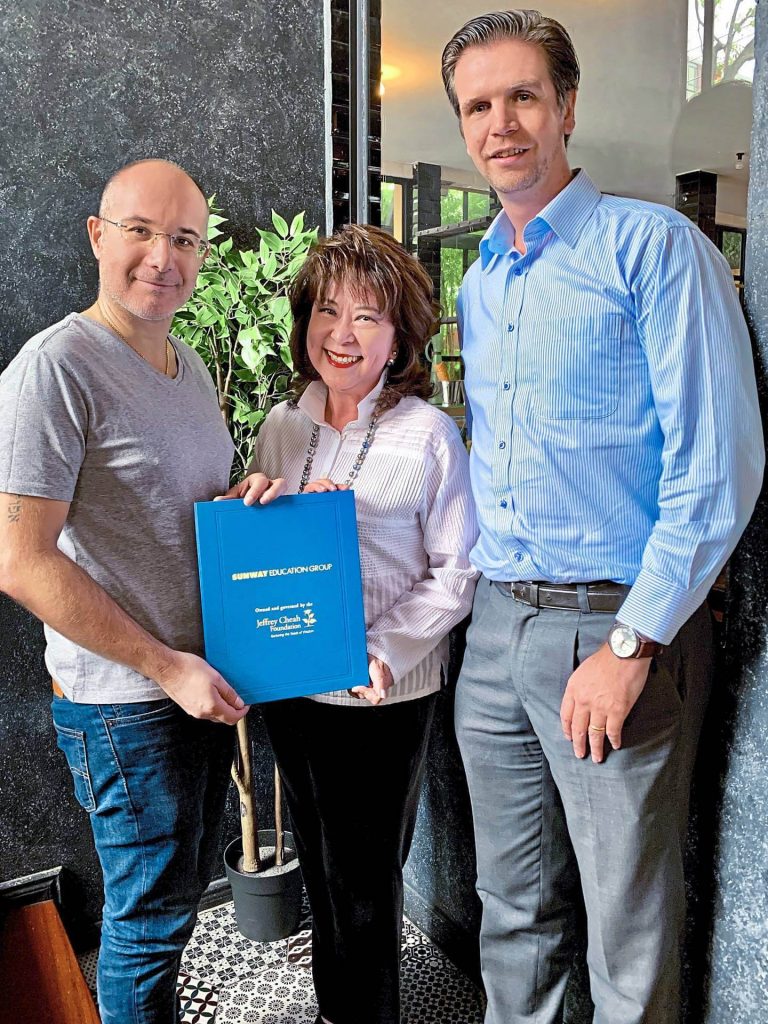
Sunway Education Group Chief Executive Officer Dr Elizabeth Lee and Sunway Group Chief Innovative Officer Matt van Leeuwen (right), who is also director of non-profit incubator and accelerator Sunway iLabs at the signing of the partnership agreement to open the first 42 campus in Malaysia with Ecole 42 Director of International Development, Olivier Ducourant (left) Source: The Star
“Project-based learning allows students to work on real-life problem statements. Teacher-less or peer-to-peer learning means that students have to sort themselves out and learn from each other, rather than being spoon-fed the answers by a teacher. The 42 education system is also gamified (incorporating game-like elements) where students need to solve increasingly more difficult challenges to progress to the next level.”
The curriculum at École 42, unlike traditional educational institutions, are constantly updated. Another outstanding feature of École 42’s brand of education is its 100% employability rate among graduates around the world — 70% who are hired by companies during their internships as the graduates are in that much demand by industry.
“This fits in very well with the Malaysian goal towards becoming a high-income nation. We want our talents to be employable and earn more. As we want to involve industry partners from Day 1 of the curriculum, we are launching this school with financial commitments from our anchor partners who put their skin in the game and share our philosophy of nation building. We all want a better talent pool and this is how we make it sustainable — turning around the business model of education. In other words, we believe this will be a real game changer for tech education and recruitment” he said.
This article first appeared in Berita Sunway Issue 68












